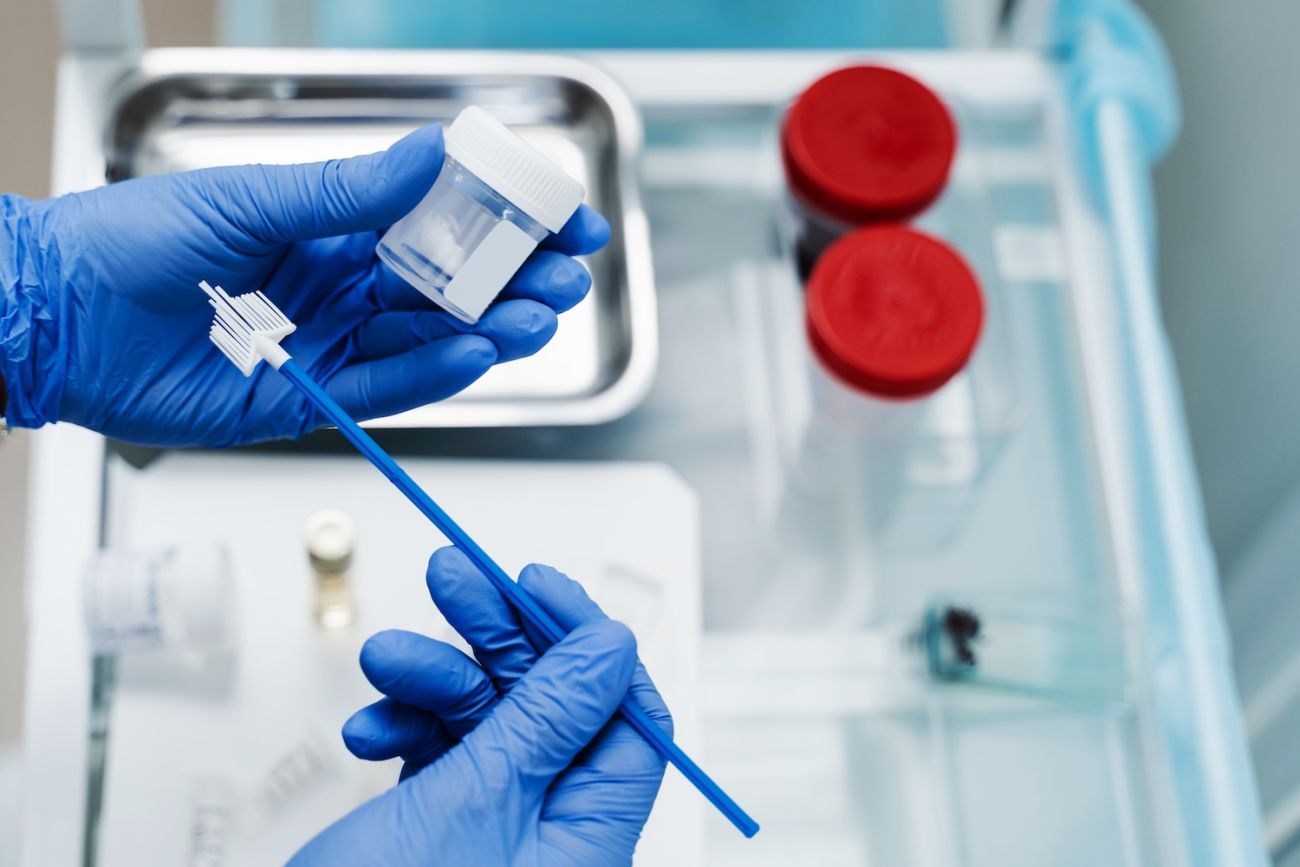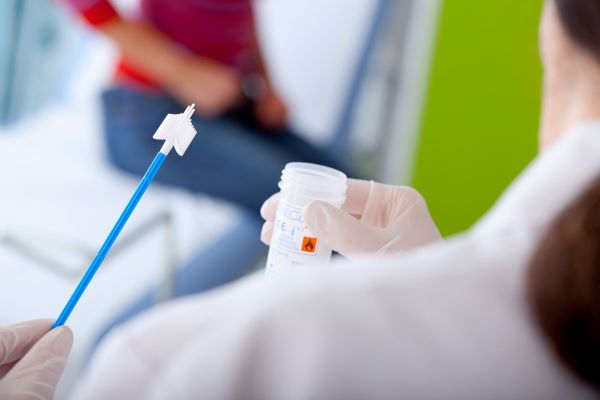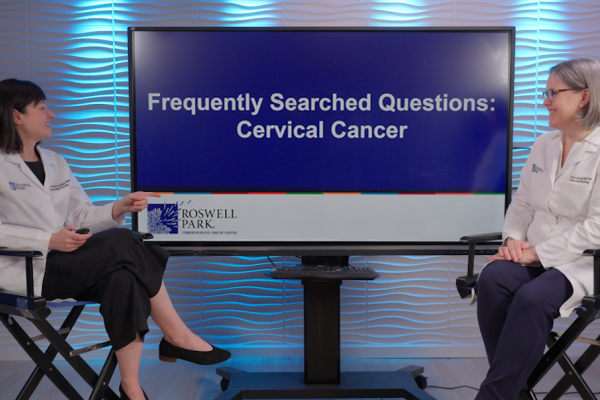Each year, more than 50 million Pap tests are performed in the United States to screen for cervical cancer. During this simple test, a small sample of cells are scraped from the cervix and examined under a microscope to look for precancerous changes. The Pap test is performed to detect cancerous or even precancerous cells at an early stage, when treatment is the most effective.
About 5% of all Pap test results will be abnormal, meaning that the sample contains atypical cervical cells. However, the majority of these cells are not cancerous or even precancerous. An abnormal Pap test result does not mean cancer, but it does require follow-up to rule out the possibility of cancer.
Healthy cervical cells are thin and flat. If your Pap test is abnormal, this means that your sample contained abnormally shaped cervical cells. Most of the abnormal cells found during a Pap test are the result of a cervical or vaginal infection and are not cancerous. Of the 3 million women with abnormal Pap tests each year, less than 1% (13,240 cases) will be diagnosed with cervical cancer.
Does an abnormal Pap test mean HPV?
The human papillomavirus (HPV) causes the majority of cervical cancers. HPV is a common infection, and most sexually active individuals have been exposed to at least one of the more than 100 known strains of HPV. However, the Pap test is not designed to detect HPV. A separate test — which can be done at the same time as the Pap — analyzes cervical cells to determine whether an HPV infection is present, or whether abnormal cervical cells were caused by an HPV strain that causes cancer.
Roswell Park Comprehensive Cancer Center uses HPV testing in addition to the Pap test to increase the chance of detecting or preventing cases of cervical cancer.
Next steps after abnormal Pap result
If you have both an abnormal Pap test and positive HPV test results, your doctor will suggest one or more of the following tests to rule out the possibility of cervical cancer or remove cancerous cells:
- Colposcopy. During this simple, minimally invasive procedure, the doctor takes a closer look at the cervix using a special instrument called a colposcope, which combines a bright light with a magnifying lens. If abnormal cells are found during a colposcopy, then a biopsy can be performed to determine whether these cells are cancerous or precancerous. A special stain is used during this procedure to increase the accuracy of the results.
- Biopsy. A small sample of tissue is removed from the cervix. A pathologist then checks this tissue under a microscope to rule out the possibility of cancer.
- Conization (cone biopsy or cold knife biopsy) and LEEP (loop electrosurgical excision procedure) are used to remove abnormal tissue from the cervix. These procedures are both diagnostic and therapeutic, ensuring that no cancerous cells are in the cervix while removing any precancerous cells that are found. LEEP is usually performed in your doctor’s office with local anesthesia, whereas cold knife conization is done in the hospital with general anesthesia.
If cancerous or precancerous cells are found, then treatment will depend on many factors, such as age and degree of abnormality.
Why you need a second opinion
Our gynecologic oncologists provide second opinions to ensure your initial diagnosis is accurate and the recommended treatment strategy is right for you.
What is cervical dysplasia?
One abnormality often found upon further testing is called cervical dysplasia (otherwise known as cervical intraepithelial neoplasia), a precancerous condition in which abnormal cells begin growing on the cervical lining. Dysplasia can range in severity from low to high. High-grade dysplasia can turn into cervical cancer over time if not treated.
Fortunately, the progression from dysplasia to cervical cancer is usually quite slow (up to 10 years), and treatment can be highly effective during the early stages. There is a strong link between HPV infection and dysplasia, which is why routine HPV testing is recommended for women over 30.
Whether you come to Roswell Park for routine cervical cancer screening or a second opinion after an abnormal Pap test, we offer experience in cancer detection and treatment. If your Pap test or biopsy was taken at another location, our pathologists and cytopathologists can review your results. Remember that your doctor’s advice is only as good as the pathologist’s findings, so having an expert set of eyes on your test results will ensure that you get the right diagnosis.
To reduce risk of developing cervical cancer, get screened regularly, practice safe sex, and avoid smoking and other tobacco products. In addition, talk to your family's physician about the HPV vaccine for your children. The vaccine protects against nine HPV strains that cause cancer or genital warts, and experts recommend vaccinating both girls and boys around age 11.



